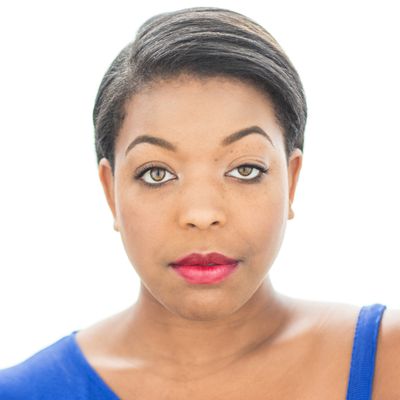On this episode of Conversations with Changemakers, we speak with Kathryn Allison. Broadway performer, content creator, and recording artist, her debut solo album, Something Real, is now available on all platforms. Kathryn was named NYMF’s Next Broadway Sensation and one of Broadway.com’s Rising Stars. She’s already performed on many of New York’s biggest stages: including Broadway’s Aladdin, Wicked, and Company.
Click here to access bonus resources from this episode.
Connect with Kathryn Allison:
Connect with Tony Howell:
Episode Credits:
- Art by Tony Howell + Gertrude Pillena
- Editing by Connor Lynch
- Hosting by Broadway Podcast Network
If you enjoyed this episode, please visit RateThisPodcast.com/tonyhowell. Be sure to check out our past conversations and subscribe for next month’s special guest!


